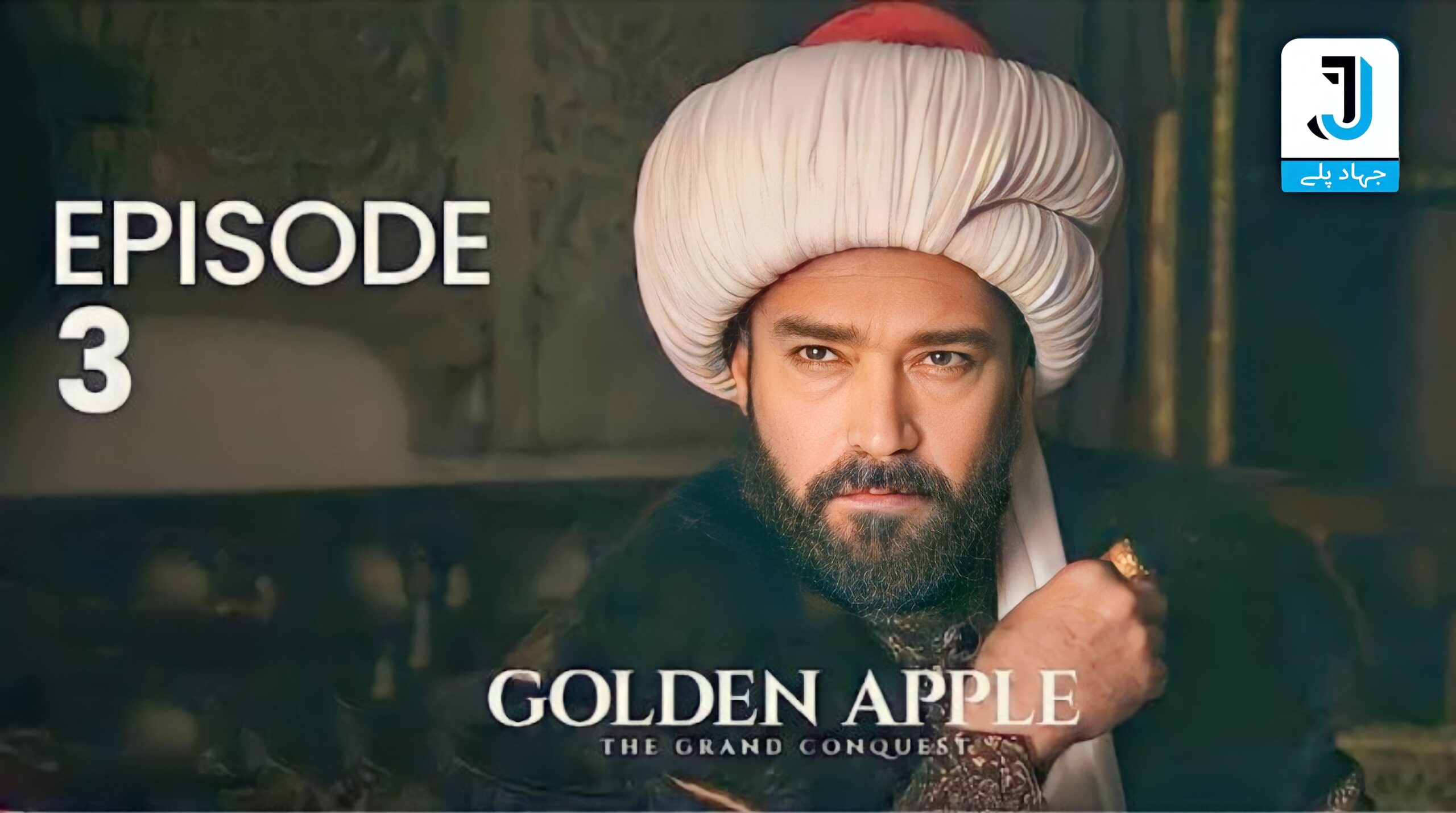Kizilelma (Golden Apple) Episode 03 By Jihad play With Urdu Subtitles

Introduction
Sultan Mehmet II, commonly known as Mehmet the Conqueror, was one of the most remarkable and influential leaders in the history of the Ottoman Empire. His reign, which began in 1444 and lasted until 1446, and then again from 1451 until his death in 1481, marked a pivotal period in the expansion and transformation of the Ottoman Empire. Mehmet’s most famous achievement was the capture of Constantinople in 1453, a momentous event that altered the course of history. In this article, we will explore the life, accomplishments, and legacy of Sultan Mehmet the Conqueror.
Early Life and Education
Mehmet II was born on March 30, 1432, in Edirne, which was then the capital of the Ottoman Empire. He was the son of Sultan Murad II and Huma Hatun, and he ascended to the throne for the first time at the tender age of 12, in 1444, following his father’s temporary abdication. During his brief reign, young Mehmet was exposed to the complexities of governance and diplomacy, which would prove invaluable in his later years.
Mehmet’s education was carefully curated to prepare him for his future role as a ruler. He received a comprehensive education in various fields, including theology, law, and military strategy. His mentor, the renowned scholar and historian Akshamsaddin, played a pivotal role in shaping his intellectual and moral development.
PLAYER 1
PLAYER 2
The First Reign (1444-1446)
Mehmet’s first reign was marked by the struggles for power within the Ottoman Empire. He faced internal opposition, and his father, Sultan Murad II, returned to the throne in 1446. During this period, Mehmet continued to hone his skills, both militarily and politically. He learned valuable lessons about leadership and statecraft, which would serve him well in the future.
The Second Reign and the Conquest of Constantinople
In 1451, after the death of his father, Mehmet II ascended the throne for the second time, determined to fulfill his ambition of conquering Constantinople. He immediately began preparations for the momentous siege. Under his leadership, the Ottomans constructed a massive fleet and developed formidable artillery, including the famous “Basilica Cannon,” which was capable of breaching the city’s walls.
On May 29, 1453, after a relentless 53-day siege, Constantinople fell to Mehmet’s forces. This event marked the end of the Byzantine Empire and the beginning of a new chapter in history. Mehmet’s conquest of Constantinople not only expanded the Ottoman Empire’s territory but also established him as a formidable military strategist and leader.
Legacy of Sultan Mehmet the Conqueror
1. Expansion of the Ottoman Empire: Sultan Mehmet’s conquests extended the Ottoman Empire’s reach into Europe, Asia, and Africa, solidifying its status as a global power.
2. Cultural Contributions: Mehmet was a patron of the arts and sciences. He invited scholars, artists, and architects to his court, fostering cultural exchanges that enriched the Ottoman heritage.
3. Legal and Administrative Reforms: He implemented important legal reforms, such as the “Kanunname-i Ali Osman” (The Law of the House of Osman), which laid the foundation for the Ottoman legal system.
4. Religious Tolerance: Mehmet demonstrated a degree of religious tolerance uncommon for his time, granting religious freedom and protection to the diverse populations within his empire.
5. Architectural Legacy: His reign witnessed the construction of several notable architectural marvels, including the Topkapi Palace and the famous Fatih Mosque in Istanbul.
Conclusion
Sultan Mehmet the Conqueror’s legacy transcends the boundaries of time and place. His vision, leadership, and accomplishments continue to be studied and admired by historians, scholars, and leaders around the world. Mehmet’s conquest of Constantinople in 1453 remains a defining moment in history, forever altering the political and cultural landscape of Europe and Asia. His reign left an indelible mark on the Ottoman Empire and the world, earning him a lasting place in the annals of history as one of its greatest leaders.



